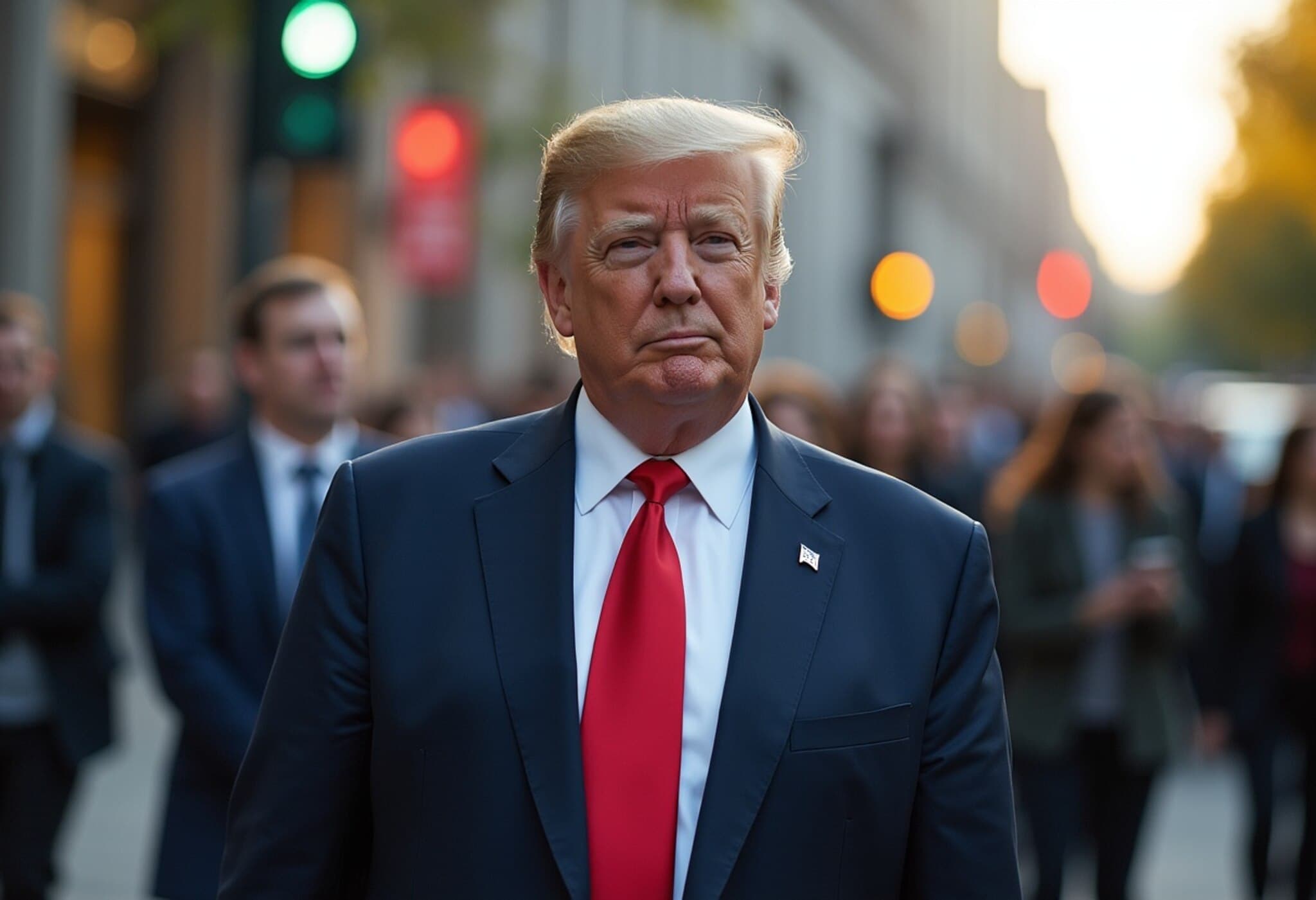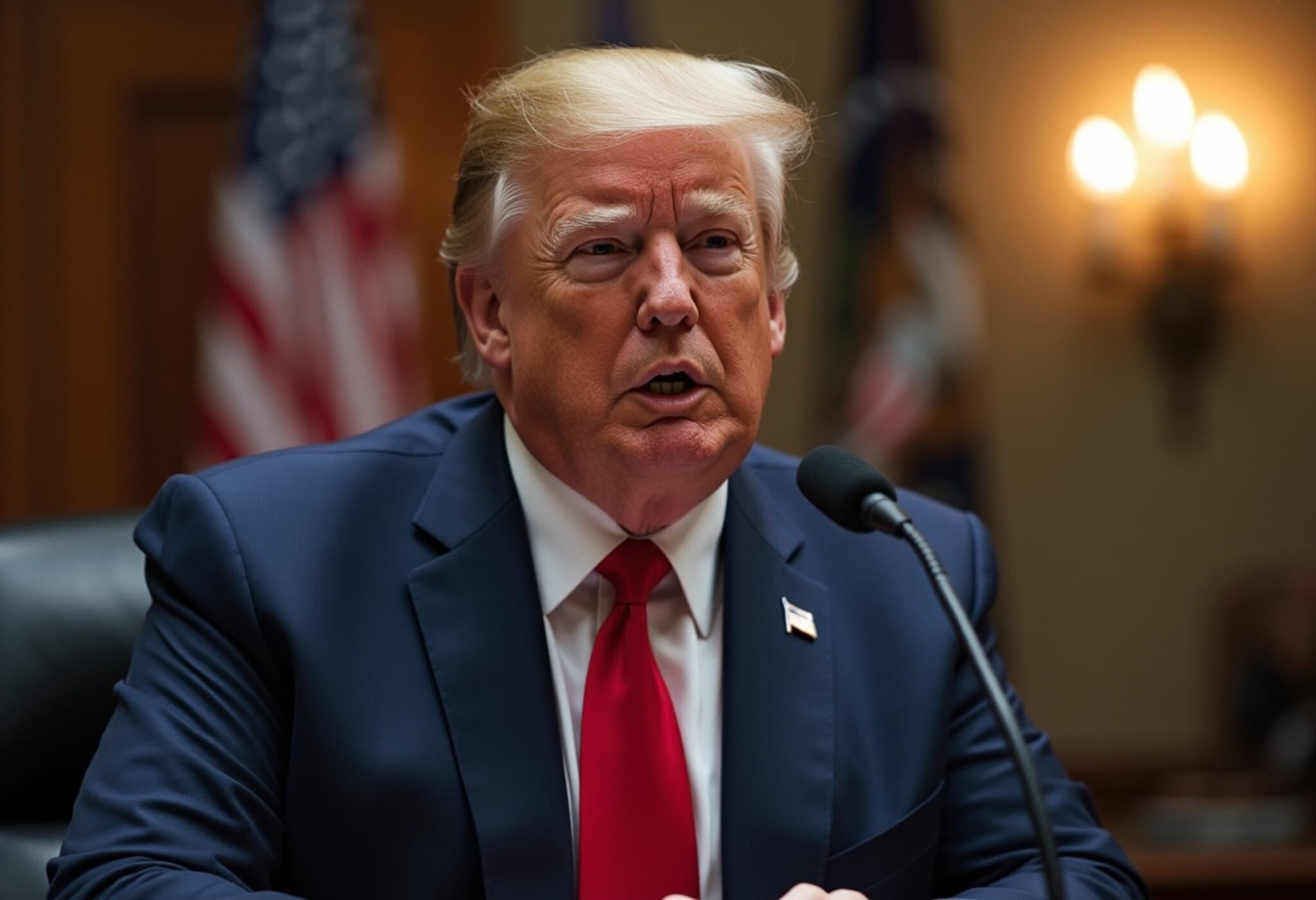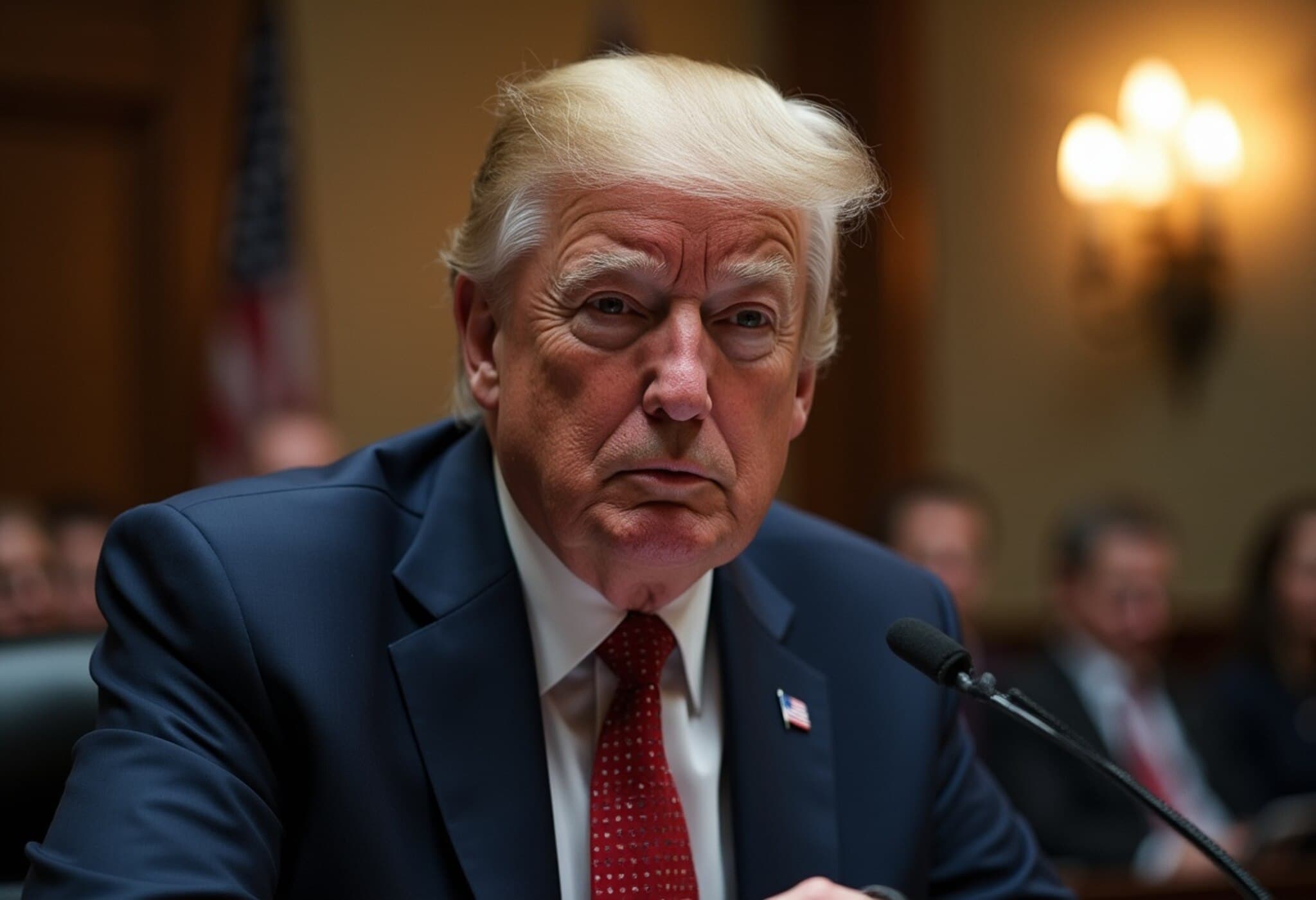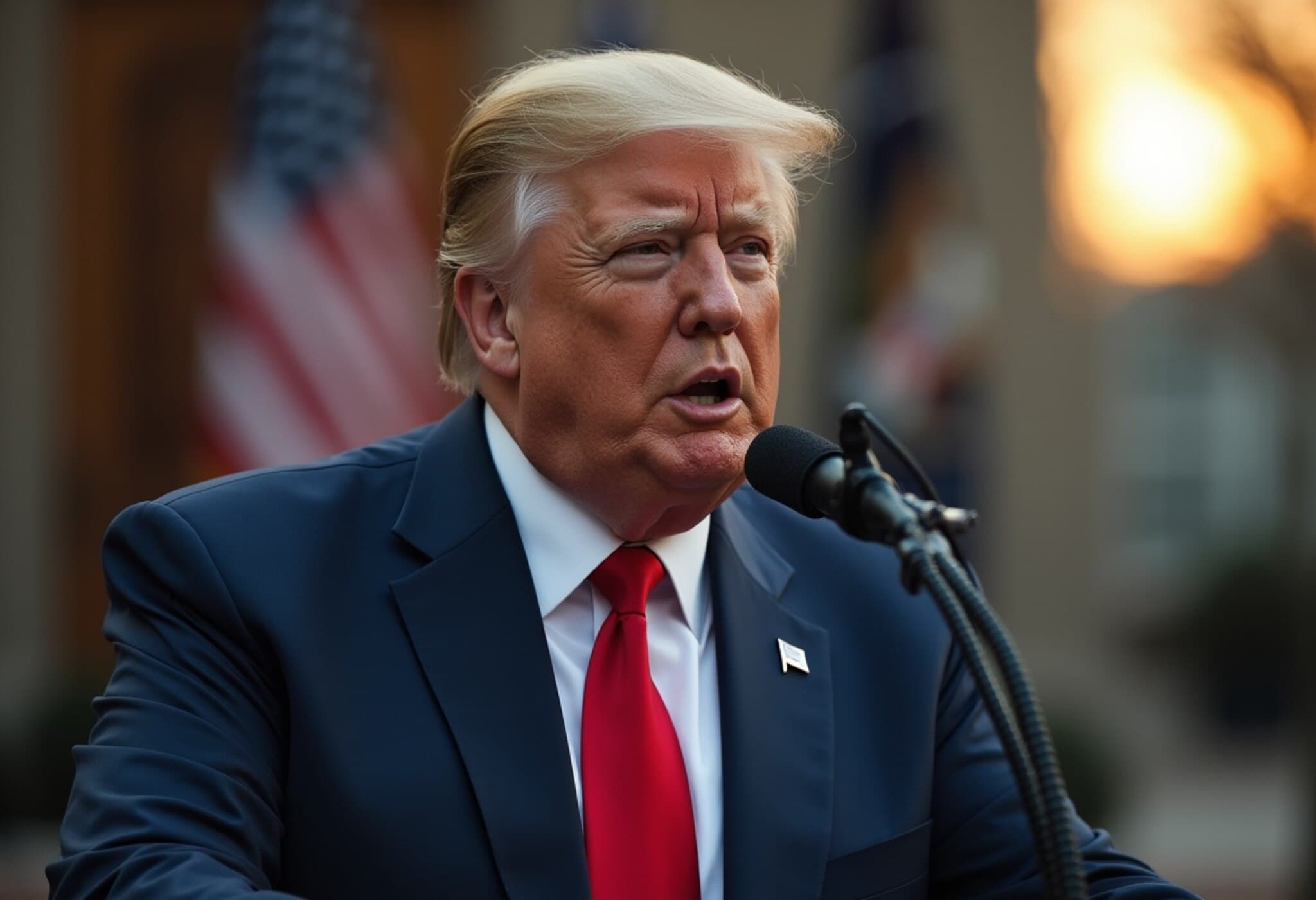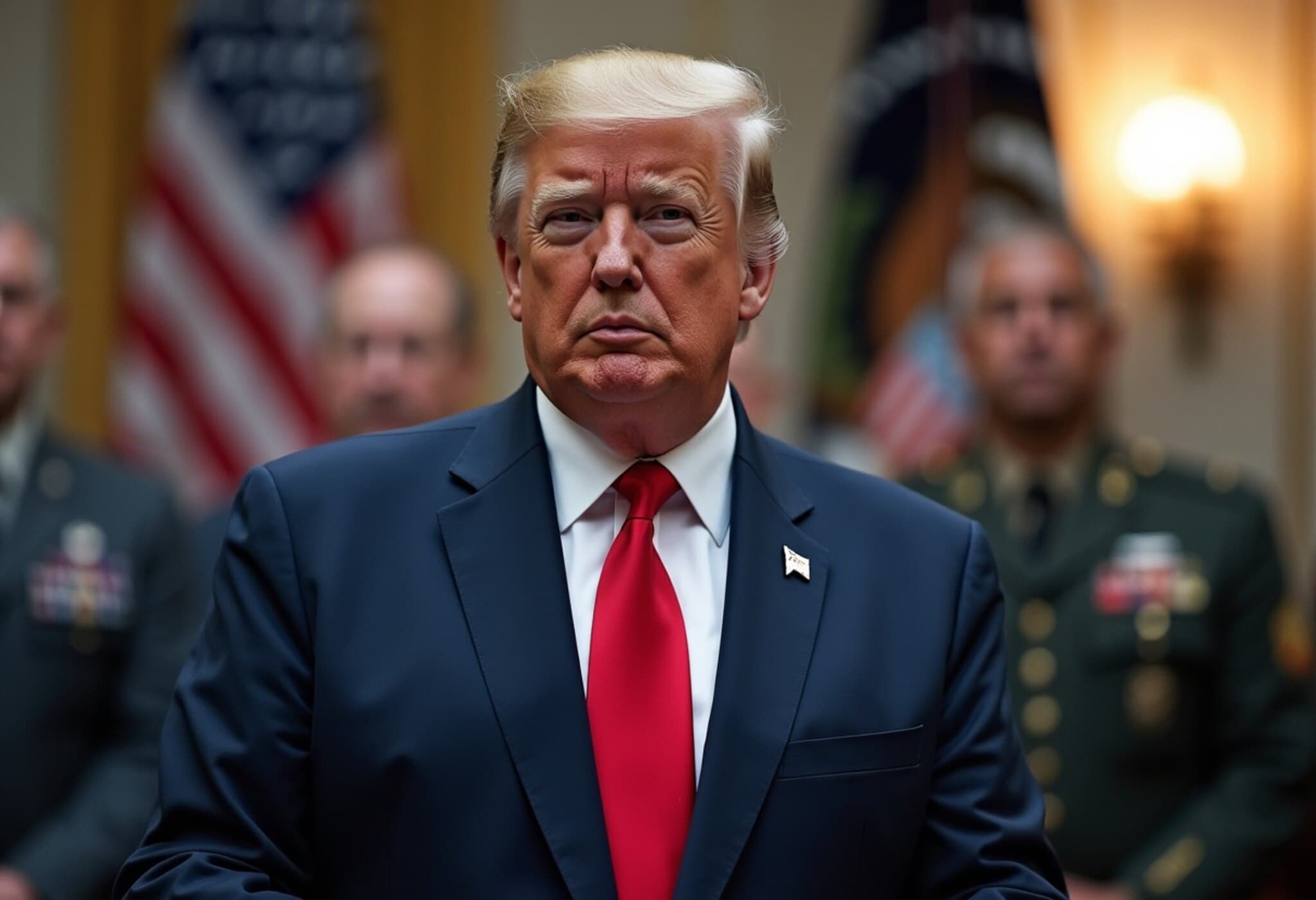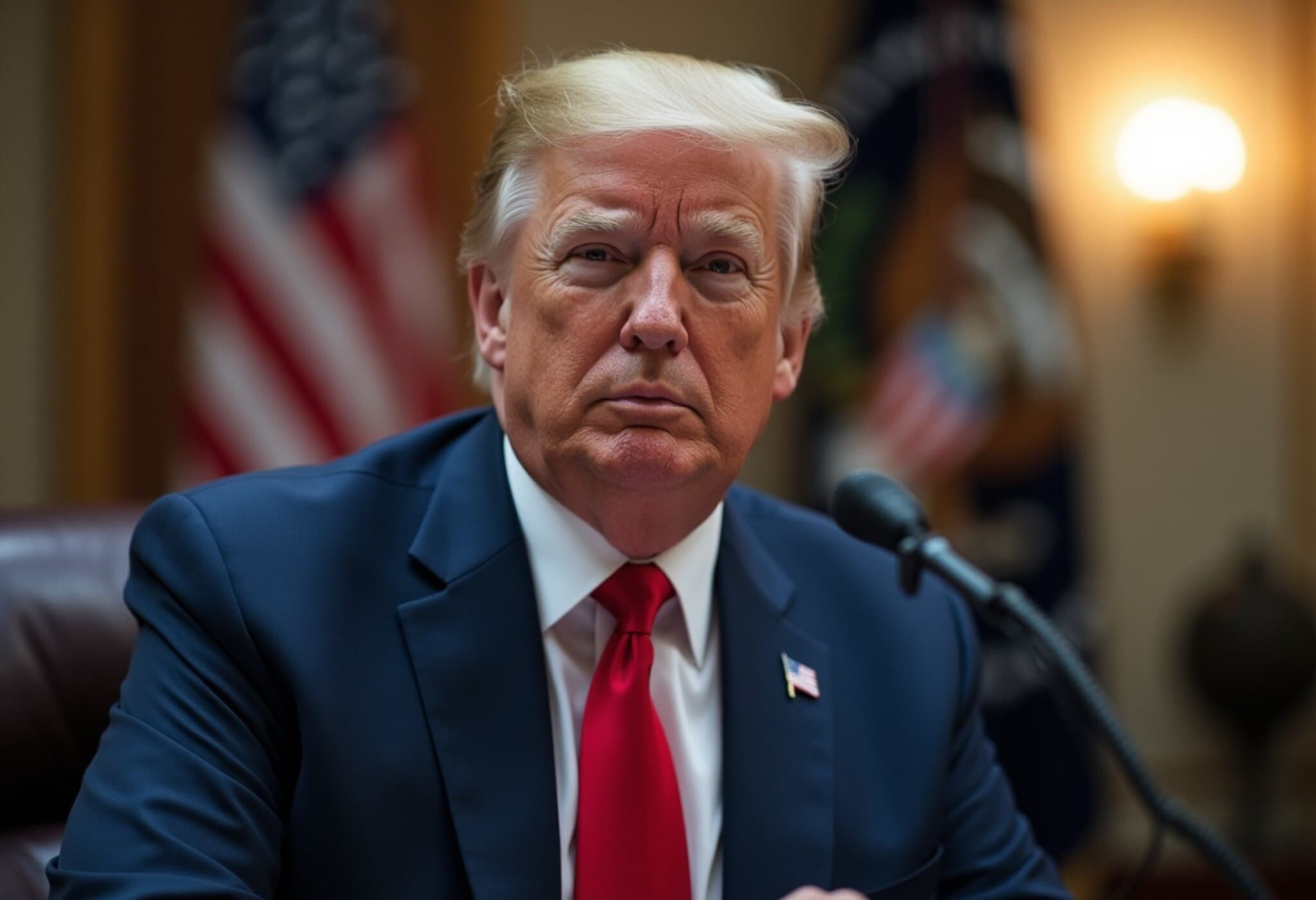Stanford University Cuts 360 Jobs Following Federal Funding Reductions
In a significant blow to employees and the academic community, Stanford University announced layoffs affecting 360 staff members, citing severe budgetary constraints linked to recent federal funding cuts by the Trump administration. This development has sent shockwaves across higher education circles, spotlighting the growing tension between federal policy and university operations.
Background: Budget Woes Sparked by Federal Policy Changes
Earlier in June 2025, Stanford publicly revealed a major budget contraction, slashing $140 million from its general funds earmarked for the upcoming academic year. The university attributed these cuts primarily to a “challenging fiscal environment” driven by changes in federal education policies. University officials confirmed that multiple departments underwent workforce reductions as a cost-saving measure.
Federal Funding Cuts and Political Context
The backdrop to these funding reductions involves heightened political tensions surrounding U.S. universities' responses to pro-Palestinian campus protests following Israel’s military engagement in Gaza. The Trump administration has linked funding decisions to universities’ handling of these demonstrations, alleging that some institutions permitted antisemitic environments. Reuters has reported that these financial threats extend beyond Stanford to other prominent universities, with federal officials targeting campus policies related to climate initiatives, transgender rights, and diversity programs.
National Impact: Broader Trends in University Funding
Stanford’s layoffs are not isolated. Last week the U.S. Department of Education froze more than $330 million in funding for UCLA, citing similar concerns over campus climate toward Jewish and Israeli students amid ongoing protests. Meanwhile, Columbia University and Brown University recently settled probes by the Education Department by agreeing to pay multimillion-dollar penalties—$220 million and $50 million respectively—and comply with government demands.
Financial Pressures Intensify: Proposed Tax on Endowments
Compounding the funding crisis, the Trump administration has proposed additional taxation on university endowments, a move likely to strain institutions’ financial reserves further. This proposal, if enacted, could stifle universities’ abilities to support research, scholarships, and community programs, raising critical questions about the future of higher education financing in the U.S.
Expert Insight: Navigating the Crossroads of Policy and Academia
From a policy analyst’s viewpoint, these federal actions represent a profound shift in government-university relations, where political considerations increasingly shape educational funding. This environment compels universities to carefully balance advocacy and freedom of expression with compliance demands, risking both their financial stability and academic independence.
Looking Ahead: Challenges and Opportunities
- Universities face the urgent task of negotiating with federal agencies to restore funding and preserve campus inclusivity.
- Community stakeholders and policymakers must assess the consequences of linking funding to political expressions and social policies.
- Endowment taxation could reshape higher education finance, pressuring institutions to seek alternative revenue streams.
Editor’s Note
Stanford University's recent layoffs underscore a critical inflection point for U.S. higher education, spotlighting the vulnerability of academic institutions amid a politicized funding landscape. While fiscal responsibility is essential, tying federal support to universities’ handling of social and political issues raises urgent questions about academic freedom, equity, and the future role of public funding. As this story evolves, stakeholders must navigate complex tensions between policy imperatives and the core educational mission that shapes innovation and societal progress.




